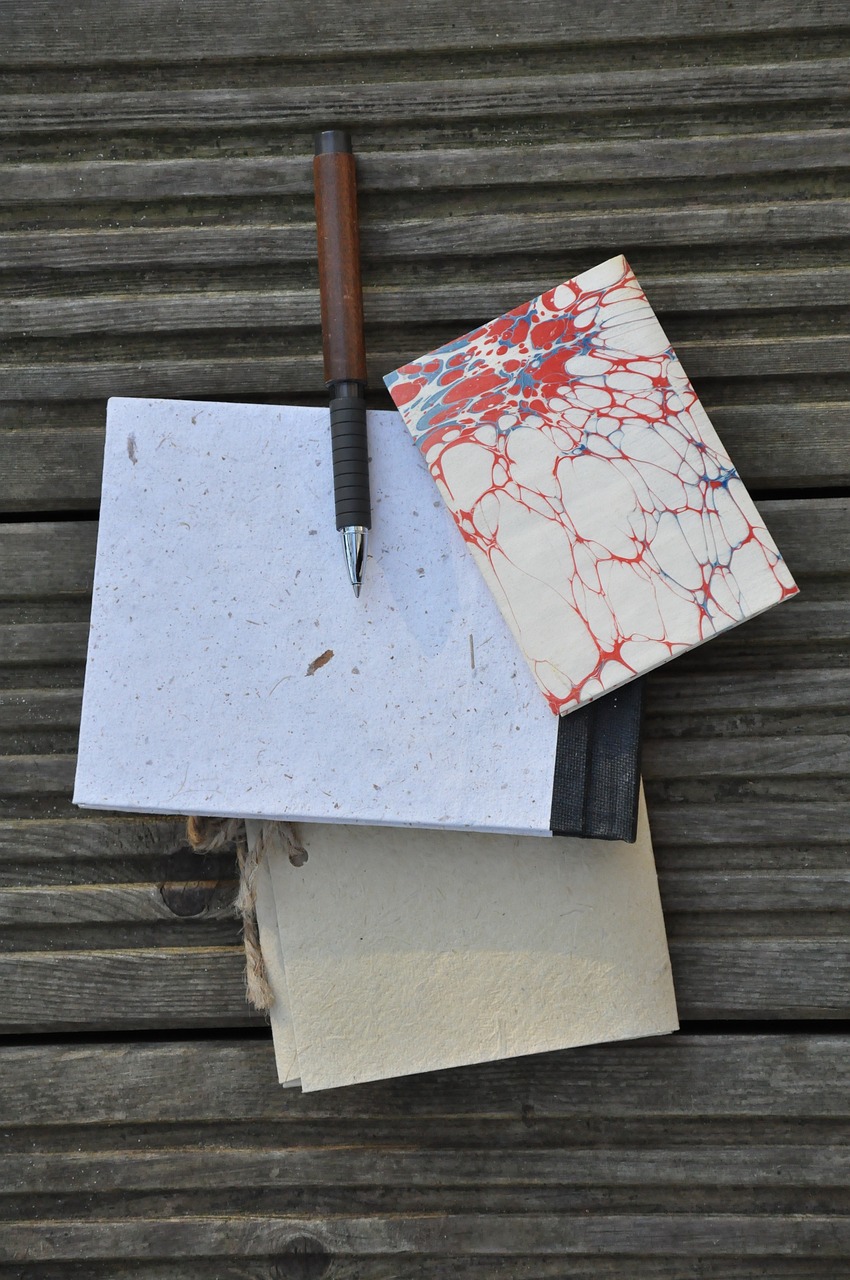
Improve Your Child's Story Structure For The 11 Plus Exam
Hello there, amazing parents!
In today’s blog, let’s dive into the fascinating world of supercharging your child’s natural writing talents as a way to improve their story structure.
We all know that every child has a unique spark, a special something that makes their writing stand out.
It could be their infectious sense of adventure, their ability to create vivid characters, or, in some cases, their sense of humour!
Now, imagine this: by honing in on your child’s natural flair for a particular aspect of writing, you’re not just encouraging them to express themselves creatively; you’re also laying the groundwork for developing essential skills like structure and vocabulary.
Yes, you heard it right – supporting your child’s writing talents can be the magic key to unlocking those areas that might need a little extra TLC.
"There needs to be a lot more emphasis on what a child CAN do instead of what they cannot. "
Temple Grandin
Igniting the Spark
- First things first, let’s talk about that spark – that magical, intangible quality that sets your child’s writing apart. Even if they don’t know it yet!
- It could be a love for storytelling, a knack for dreaming up ideas, or perhaps an unusual fascination with describing things in vivid detail.
- Whatever it is, recognising and encouraging this unique spark is the first step in the journey.
Imagine your child as a little explorer and their spark is the guiding star. By acknowledging and encouraging their natural talents, you’re providing them with a safe space to experiment, take risks, and explore the vast landscape of words.
When they feel encouraged and excited about what they’re writing, they’re more likely to be adventurous with their language – trying out new words, experimenting with similes, metaphors and painting pictures with their prose.
Remember, they don’t need to use these literary devices correctly, straightaway, simply dipping their toes into the world of these exciting techniques is all part of the process.
How To Strengthen Weak Areas
Now, you might be wondering, ‘How does focusing on their writing spark help with things like structure and vocabulary?’
Well, my friend, it’s all about the domino effect.
When your child is passionate about their writing, they’re motivated to bring their ideas to life in the most engaging way possible. This happens time and time again with all the children I teach.
Story Structure: Building a Solid Foundation
- Think of writing as constructing a building. Without a solid foundation, it’s bound to crumble.
- Similarly, a well-structured piece of writing provides a strong base for their ideas.
- When your child is excited about their writing, they naturally want to share their story in a way that captivates the reader. If your child is excited about their writing there’s a high chance the reader will also feel excitement!
When your child works from a place of flow, rather than force, they find their magic.
I find that encouraging children to think about the:
- Beginning
- Middle
- End
of their stories helps develop a sense of structure, without the overwhelm.
I use prompts to help kick-start this part of the writing process.
Children’s enthusiasm becomes the driving force behind crafting a narrative that flows seamlessly, holding the reader’s attention from start to finish.
As they become more conscious of the flow of their writing, the foundation of their structure becomes stronger, making it easier to build upon.
Ambitious Vocabulary
Now, let’s talk about vocabulary – the colours on your child’s artistic palette. When children are passionate about their writing, and feel relaxed, they’re more likely to stretch their linguistic muscles.
They want their words to resonate, to leave a lasting impression on the reader. This enthusiasm acts as a catalyst for experimenting with adventurous words.
Perhaps they’ve come across a new word in a book they’ve recently read that they could experiment with using in their story.
Encourage your child to explore the vast universe of language.
Ask them to choose words that not only convey their ideas but also add interest to their writing.
Challenge them to find synonyms for common words, transforming mundane sentences into vibrant expressions.
How about coming up with some alternative words for these commonly used words?
- Went e.g set off, proceeded
- Walked e.g strolled, marched
- Beautiful e.g pristine, alluring
As they become more comfortable with adventurous vocabulary, it becomes a natural part of their writing toolkit – which is what we want for them!
Practical Tips To Improve Story Structure
- Create A Writing Haven: dedicate a cosy corner in your home as a writing haven. Fill it with notebooks, pens and anything else that sparks their creativity. Having a designated space for writing sends the message that their words are valued and important.
- Celebrate Their Achievements: Whether it’s a well-structured paragraph or a first, attempt at using a metaphor, celebrate your child’s writing achievements. Positive reinforcement goes SUCH long way in fuelling children’s passion and boosting their confidence.
- Read Together: Immerse yourselves in the magical world of books together. Reading not only expands vocabulary but also exposes your child to different writing styles and structures. If the thought of reading together doesn’t float your boat then play some audio stories at meal times instead. Discussing the stories you read can inspire them to use the ideas in their own writing, adding their own twist to make it theirs!
- Set Writing Goals: Help your child set achievable writing goals throughout their journey. Remember big goals leads to big thinking.Whether it’s planning and writing a short story, experimenting with a new writing style or completing a story for homework, setting goals keeps children motivated and focused. Perhaps they could earn a tasty treat for their effort?
- Encourage Journalling: Give your child a journal to jot down their thoughts, stories and ideas. Journalling provides an outlet for self-expression and allows children to experiment with words, without the pressure of formal assignments. I have seen it work wonders for children’s creative confidence. There are a tonne of journalling prompts on the Internet that your child could use for inspiration!
Conclusion
And that is it! In the end, nurturing your child’s writing talents can feel like tending to a delicate flame.
With your guidance and support, that flame can grow into a blazing fire of creativity, illuminating not only their writing but also strengthening the foundations of crucial skills like story structure and vocabulary.
So, dear parents, let’s embark on this exciting journey of unleashing the power of words within your amazing young writer.
Sending your child happy writing vibes!
By the way, if you want to discuss how I could help your child achieve great heights with their creative writing why not Book A Zoom Call?
Let’s work together to help your child ace their creative writing!

Related articles

11+ English Sample Papers
Here's a list of 11+ English papers, FREE for you to download.
Read more
How Matteo reaped the benefits of 11+ success
Matteo was in Year 4 and attending a small independent school in North London when we first started working together.
Read moreGet Your Free 11 Plus Creative Writing Guide For Parents
"*" indicates required fields
Your privacy and trust are important to us. We will never sell, abuse, or misuse your personal information.
For full details please see our privacy policy.




